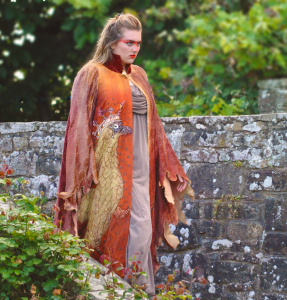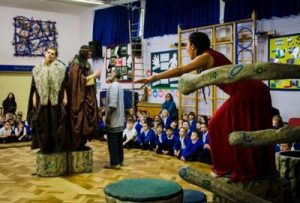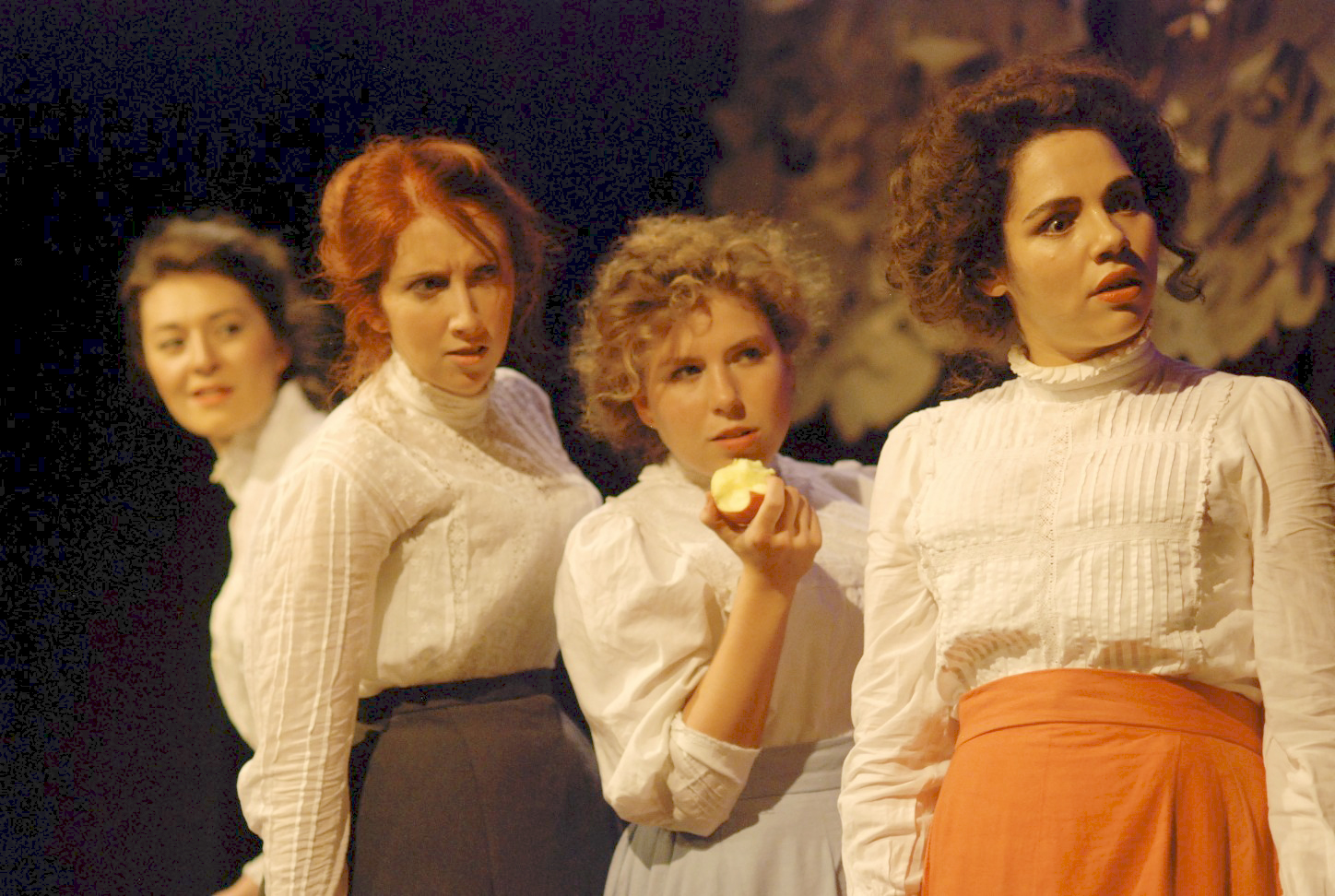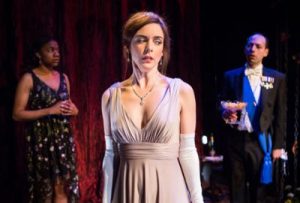Who needs an alarm when the imam’s resonant call to prayer reverberates across the river at 6am? He usually coaxes me out onto the verandah, cup of English Breakfast (sorry!) in hand to watch the still, warm grey dawn complete with busy colourful birds, slinky, slender, dark long-tailed squirrels and big black butterflies just beginning to flutter.
Welcome to life at the Mutiara Taman Negara, a “resort” in Malaysia’s prime national park, 4 hours drive north east of Kuala Lumpur. Mutiara is a Malaysian hotel chain – although this is a not a hotel in the usual sense – and this resort is sited high above the banks of the Tembeling river at one of the national park’s main access points. On one side of the khaki-muddy river is Kuala Tahan village, nestling at the foot of miles of forested hills. That’s where you have to leave your car: at a charge of just over a £1 per day, ripped off Londoners, please note.
Then you and your luggage are ferried across the water by a silent, smiling, toothless boatman who charges the equivalent of 20p per person per three minute crossing. They haul your bags up in a Heath Robinson-like cart on tracks while you climb the steps into this strange world of palms, banana trees, a tame hornbill the staff throw nuts to, monkeys who creep into your chalet if you turn your back, busy insects and, of course, shimmering sticky heat which demands to be treated with respect.
Our chalet – rattan-lined sitting room, bedroom and shower room plus verandah – is near reception. One of the chalets at the far end of the site was visited, staff tell me, by an elephant, two years ago. It wandered out of the forest, took up residence near the chalet of its choice for a few days, consumed an entire palm tree and then disappeared back into the forest. There are, I learn several hundred elephants in the Taman Negara as well as a sprinkling (“fewer than a hundred”) tigers, three sorts of rhinoceros, clouded leopards, an animal I’ve long admired: the slow loris and much, much more. But of course you usually have go miles into the forest from the Mutiara to stand any chance of seeing any of that. It takes four to seven days on foot, for instance, to reach the summit of Malaysia’s highest peak Gunung Tahan which lies within the Taman Negara in the state of Pahang.
We have come here for a much needed rest rather than to undertake anything especially adventurous although Multiara offers various gentle tourist-friendly options. The guided night walk, for example, is only an hour and I was pleased to meet the huntsman spider, stick insects in the wild as opposed to in a tank on a primary school nature table, several spectacular lizards, a fetching scorpion and a couple of giant millipedes.
The resort itself reminds me, in part, of the hotel at Cradle Mountain in Tasmania, the Shamwari reserve near Port Elizabeth in South Africa and Sweetwaters in Kenya, all of which I’m fortunate enough to have visited. Comfortable (enough) without being remotely luxurious, it also takes me back to family camping holidays, bkundering about with torches when the mains electricity trips off ( often) and being effectively restricted to a single restaurant which can therefore overcharge.
Staff are very sweet and helpful – proactively looking out for our vegetarian needs and being aware than my husband is not quite fighting fit just now – but I think the management is missing a few opportunities. Yes, there’s a wildlife centre with information boards and a film but there should be boards everywhere. And leaflets to help you identify the everyday birds and so on around the site. They could also offer more excursion opportunities. Why not an early morning guided bird walk? What about a trip down the river simply to admire flora and fauna without having to “shoot rapids” or torment carp?
In general though it’s a pretty magical place to spend a few days. However tired and stressed I am (and believe me, I was) beaches and pools don’t really work for me. Here, however I can simply – if I feel like it – read, doze, eat, fend off the monkeys, gaze at the soothing river, marvel at the heat and listen for the Imam’s next call. Bit like a religious retreat without any doctrine, really.


 I’ve seen most of GDS Productions’s shows in recent years. It’s an interesting, enterprising company and there’s always something to commend. This time – in the annual February half-term pantomime – I was struck particularly by the quality of several beautifully choreographed (by Emma Hodge and Bethany Kimber) and sung ensemble scenes. A gold star too to whoever rehearsed the six very young children who formed the junior chorus. They are more or less together and evidently well drilled. Moreover, any scene which gets audience children literally and spontaneously dancing in the aisles – as happened at the Friday matinee I attended – is clearly getting it right. The finale to Act 1 – A Beastly Banquet, which owes a big debt to Disney is great fun, for example.
I’ve seen most of GDS Productions’s shows in recent years. It’s an interesting, enterprising company and there’s always something to commend. This time – in the annual February half-term pantomime – I was struck particularly by the quality of several beautifully choreographed (by Emma Hodge and Bethany Kimber) and sung ensemble scenes. A gold star too to whoever rehearsed the six very young children who formed the junior chorus. They are more or less together and evidently well drilled. Moreover, any scene which gets audience children literally and spontaneously dancing in the aisles – as happened at the Friday matinee I attended – is clearly getting it right. The finale to Act 1 – A Beastly Banquet, which owes a big debt to Disney is great fun, for example.

 I have written many times about my firmly held view that recent performing arts graduates should be inventively creating work of their own and that drama schools should be warmly encouraging them to do so. Lost Watch, formed by three women when they were students on Uri Goodner’s BA Acting and Contemporary Theatre course at East 15, is an interesting example of how well it can work.
I have written many times about my firmly held view that recent performing arts graduates should be inventively creating work of their own and that drama schools should be warmly encouraging them to do so. Lost Watch, formed by three women when they were students on Uri Goodner’s BA Acting and Contemporary Theatre course at East 15, is an interesting example of how well it can work.


